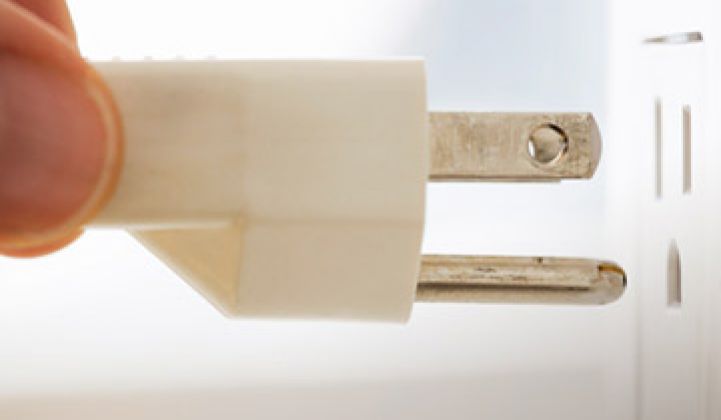At the risk of overusing the "Saudi Arabia of ..." theme, the United States is the Saudi Arabia of energy efficiency.
As a nation, we waste so much energy in transportation, lighting, heating, air conditioning, home energy, electrical generation and consumables that the potential for savings is enormous.
And each of those huge sectors has given birth to a small army of entrepreneurs and Fortune 500 firms looking to save energy and make money while doing it.
In transportation, companies like Tesla Motors and Fisker Automotive have championed electric cars, while Ford and startups like EcoMotors and Transonic Combustion have worked to eke more miles out of a single gallon of fuel.
Home networking and automation may finally become a reality. The driving force? Putting your heater and/or air conditioner on autopilot can reduce power bills.
But does energy efficiency actually promote more energy consumption?
Back in 1885, William Stanley Jevons noticed that as coal-burning furnaces became more efficient, people burned more coal. In fact, demand skyrocketed. Furnaces and factories that consumed less coal could produce pig iron for less than competitors. As the price of iron and iron goods fell, demand increased, generating a boom in investment that in turn caused entrepreneurs to wonder what consumers might want next. The end result was a new social era based on fossil fuels.
For more of this article, visit the GE Ecomagination site here.



